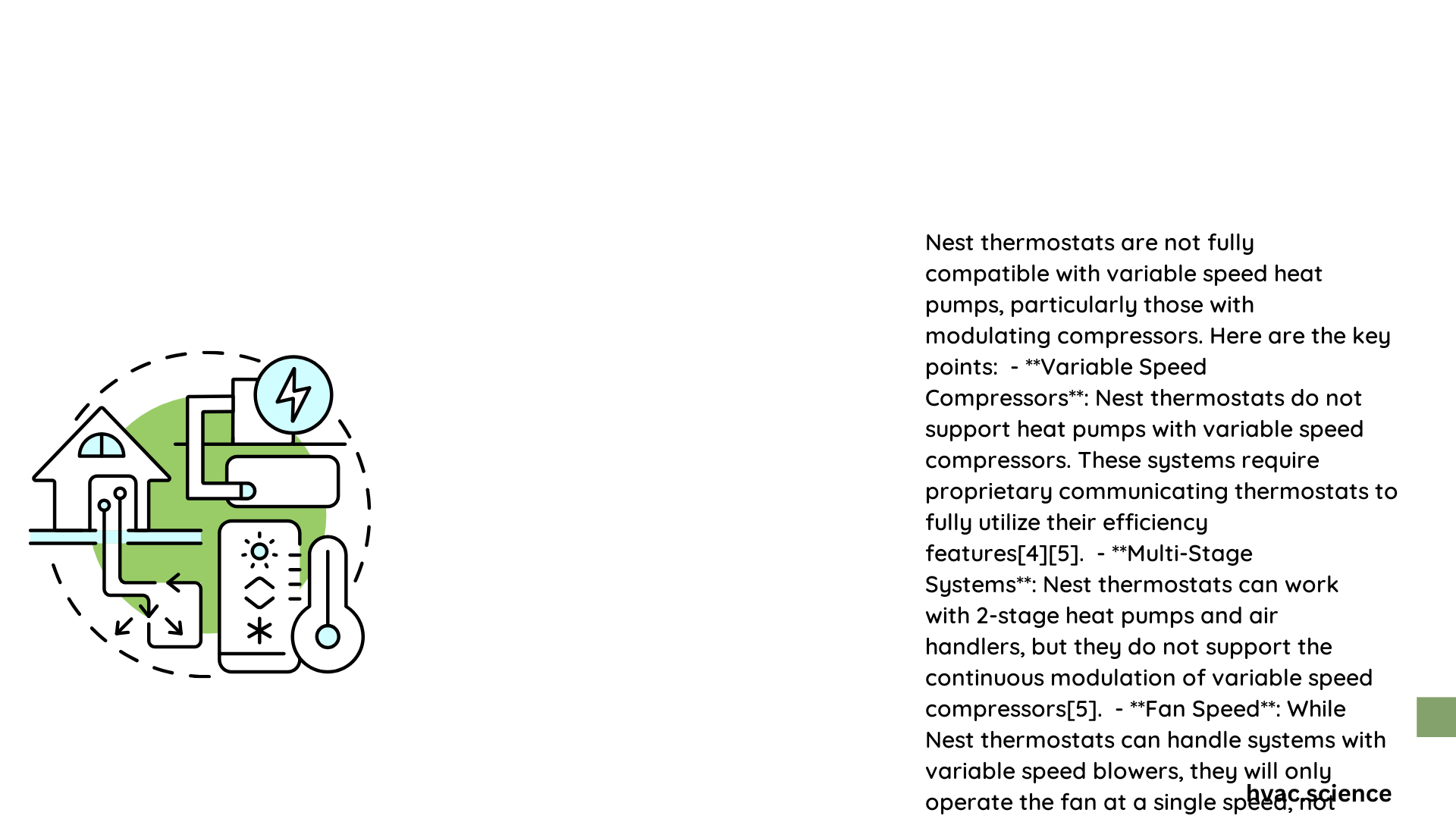Variable speed heat pumps represent a revolutionary approach to home heating and cooling, offering unprecedented energy efficiency and precise temperature control. These advanced systems utilize sophisticated compressor technology that can adjust output dynamically, providing consistent comfort while minimizing energy consumption. Unlike traditional single-stage systems, variable speed heat pumps can operate at multiple speeds, adapting to changing environmental conditions and household temperature requirements with remarkable precision.
What Makes Variable Speed Heat Pumps Unique?
Variable speed heat pumps distinguish themselves through their advanced technological capabilities, offering homeowners significant advantages over conventional heating and cooling systems. These systems provide nuanced temperature management by continuously modulating their operational speed.
How Do Variable Speed Heat Pumps Work?
Variable speed heat pumps utilize advanced compressor technology that allows them to:
- Adjust cooling and heating output incrementally
- Maintain consistent indoor temperatures
- Reduce energy consumption
- Minimize temperature fluctuations
- Improve overall system efficiency
Performance Specifications

| Performance Metric | Typical Range |
|---|---|
| SEER Rating | 18-22 |
| HSPF Rating | 8.5-10.5 |
| Energy Efficiency | Up to 60% more efficient |
| Operational Noise Level | 50-60 decibels |
Key Advantages of Variable Speed Heat Pumps
What Performance Benefits Can Homeowners Expect?
- Enhanced Energy Efficiency
- Reduced electricity consumption
- Lower monthly utility bills
-
Minimal energy waste
-
Superior Comfort Control
- Precise temperature management
- Consistent indoor climate
-
Improved humidity regulation
-
Extended Equipment Lifespan
- Reduced mechanical stress
- Less frequent system cycling
- Minimal wear and tear
Installation Considerations
What Factors Influence Heat Pump Installation?
Successful variable speed heat pump installation requires careful evaluation of:
- Home square footage
- Existing ductwork configuration
- Electrical system compatibility
- Local climate conditions
- Budget constraints
Who Should Install a Variable Speed Heat Pump?
- Professional HVAC technicians
- Certified installation specialists
- Contractors with specific variable speed system experience
Maintenance Recommendations
How Can Homeowners Optimize Heat Pump Performance?
- Regular filter replacement
- Annual professional system inspection
- Clean outdoor unit periodically
- Monitor thermostat settings
- Check refrigerant levels
Cost Analysis
What Investment Should Homeowners Expect?
- Initial Installation: $5,000 – $12,000
- Potential Energy Savings: $300 – $800 annually
- Estimated Payback Period: 5-7 years
Technology Integration
Can Smart Thermostats Enhance Heat Pump Performance?
Smart thermostats like Nest can:
– Optimize temperature scheduling
– Provide remote system control
– Generate energy consumption reports
– Learn household temperature preferences
Potential Limitations
What Challenges Might Homeowners Face?
- Higher upfront installation costs
- Complex technological requirements
- Potential compatibility issues
- Professional maintenance dependency
Conclusion
Variable speed heat pumps represent a significant technological advancement in home comfort systems, offering unprecedented efficiency and performance. Homeowners considering these systems should conduct thorough research and consult professional HVAC specialists.
